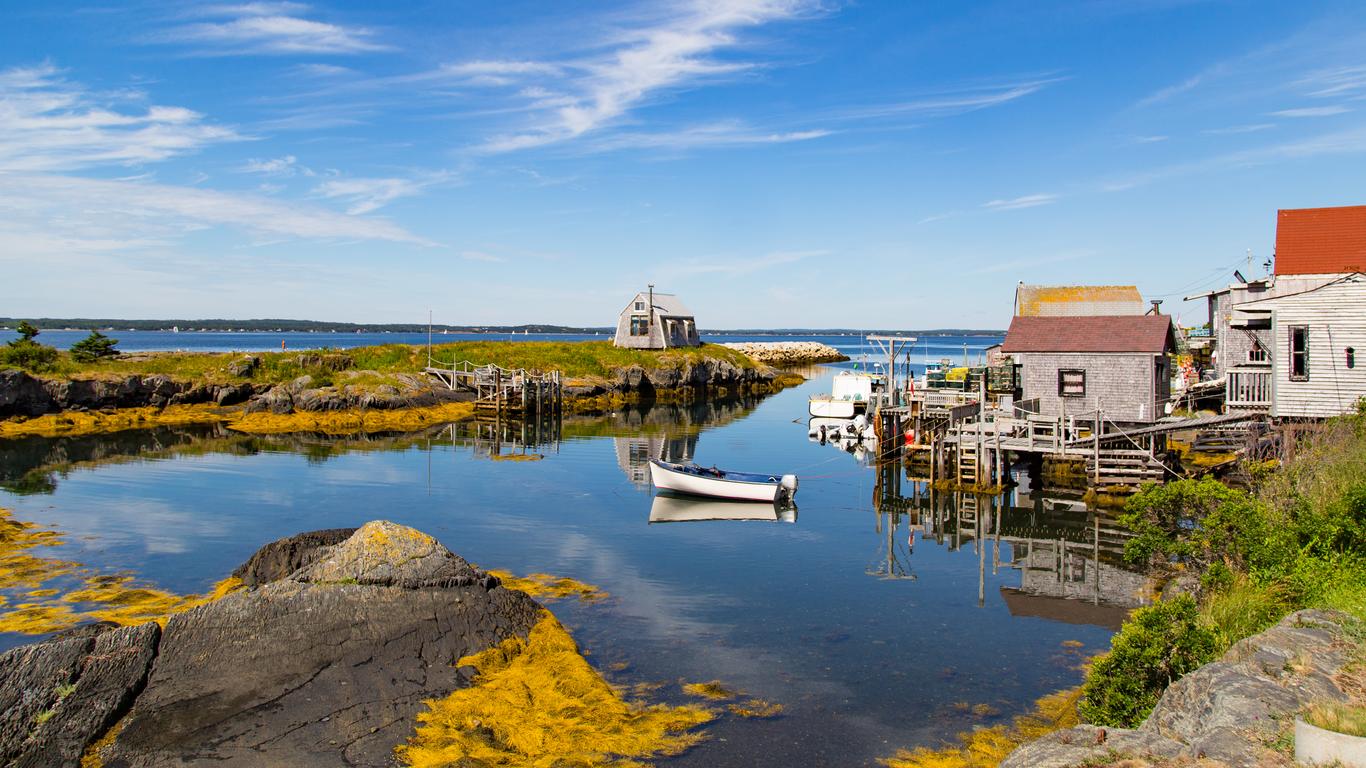Latest deals
Insights
FAQs
Price Alerts
English
- Australia (English)
- Belgique (Français)
- België (Nederlands)
- Brasil (Português)
- Canada (English)
- Canada (Français)
- Česká republika (Čeština)
- Chile (Español)
- Colombia (Español)
- Danmark (Dansk)
- Deutschland (Deutsch)
- Eesti (Eesti)
- España (Español)
- France (Français)
- India (English)
- Ireland (English)
- Italia (Italiano)
- México (Español)
- Nederland (Nederlands)
- Norge (Norsk)
- Österreich (Deutsch)
- Perú (Español)
- Polska (Polski)
- Portugal (Português)
- România (Română)
- Suisse (Français)
- Schweiz (Deutsch)
- Svizzera (Italiano)
- South Africa (English)
- Suomi (Suomi)
- Sverige (Svenska)
- Türkiye (Türkçe)
- United Kingdom (English)
- United States (English)
- Estados Unidos (Español)
- Uruguay (Español)
- Україна (Українська)
- Украина (Русский)
